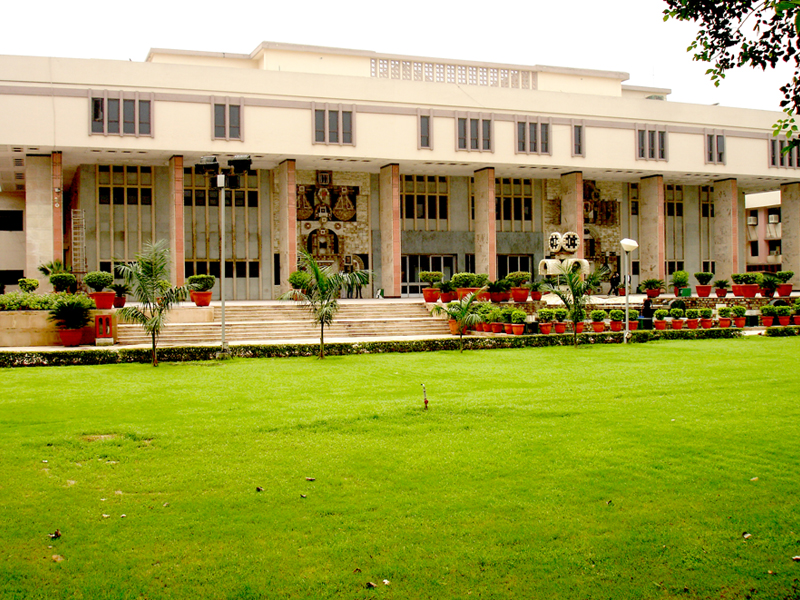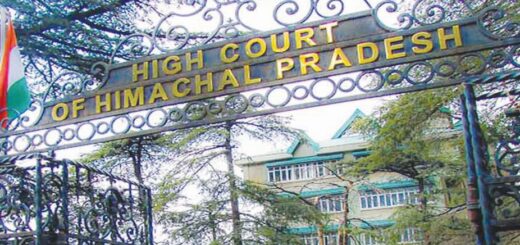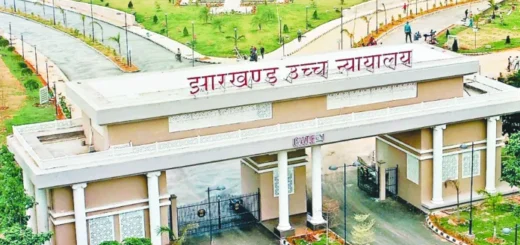Sewage treatment plants are not operating according to the required standards and are discharging untreated sewage into the Yamuna River, according to the Delhi High Court.

The Delhi High Court stated that the Sewage Treatment Plants (STPs) are not operating according to the required standards and are discharging untreated sewage into the Yamuna River. The Court took notice of this issue on its own and made this observation during a series of petitions filed by citizens affected by flooding and waterlogging in the 2024 monsoon. A Division Bench, led by Chief Justice Manmohan and Justice Manmeet Pritam Singh Arora, noted, “… this Court believes that the Sewage Treatment Plants (‘STPs’) are not meeting the necessary standards and are releasing raw sewage into the Yamuna. It is also clear that polluting industries are still discharging waste into the drains, which then flows into the river. The report regarding actions against unauthorized polluting industries in residential areas needs to be strengthened.”
Senior Advocate Sanjeev Anand and Advocate Udayan Jain represented the Petitioners, while Standing Counsel Parvinder Chauhan represented the Respondents. The Petitioners’ counsel argued that the Special Secretary’s report on the progress of desilting sewers and stormwater drains is incorrect and does not match the actual situation on the ground. They further mentioned that the Petitioners faced unprecedented flooding in areas like Defence Colony, Malviya Nagar, Green Park Extension, Maharani Bagh, and Mundka Village. They expressed disbelief that the number of waterlogging points reported by Delhi Traffic Police for 2024 is 78, compared to 308 in 2023. They insisted that the reality on the ground shows that waterlogging was excessive and unmatched in many parts of Delhi this year.
The High Court, considering the previous arguments, stated, “Recently, in another public interest litigation case, W.P.(C) 15472/2024, titled ‘Purvanchal Nav Nirman Sanstan v. Govt NCT of Delhi’ on November 6, 2024, this Court decided not to instruct the Sub-Divisional Magistrate (East) Shastri Nagar to allow the public to perform Chhath Puja at Geeta Colony Ghat on the Yamuna River bed. During these proceedings, the GNCTD informed the Court that the river is heavily polluted, which poses health risks to the devotees participating in the puja.” The Court also referred to a photograph published in India Today on November 7, 2024, showing a devotee performing Chhath Puja in the Yamuna River. The visible chemical foam in the image contradicted the information provided to the Court regarding sewage treatment standards before being released into the river.
“In this context, the report from the Special Secretary about the sewage treatment measures before discharge into the Yamuna does not seem accurate. … In fact, when faced with these facts, the Special Secretary admitted during the hearing that the current thirty-seven (37) sewage treatment plants (STPs) are not meeting safety standards and need improvements,” it noted. The Court then recommended that tamper-proof meters be installed to track the operational hours and electricity usage of the STPs, with real-time data uploaded to the websites of CPCB, DJB, and the Chief Secretary’s office. “Additionally, all STPs should have sensors at the discharge point, where treated water is released into the Yamuna, to monitor the quality and quantity of the treated water, including metrics like Biological Oxygen Demand (BOD), Chemical Oxygen Demand (COD), Total Suspended Solids (TSS), Fecal Coliform, and Dissolved Phosphate. This information should be clearly displayed on boards, and a live feed should be sent to the servers of CPCB, DJB, and the Chief Secretary’s office,” it concluded.
The Court observed that the deadlines set in the April 2024 judgment were not followed and were extended by GNCTD without agreement. Therefore, it instructed the Chief Secretary to look into this matter and hold the officials accountable for not meeting the deadlines. As a result, the High Court scheduled the case for November 22, 2024, and provided the necessary instructions.
Cause Title: Krishan Kumar & Ors. v. Delhi Jal Board & Ors.









